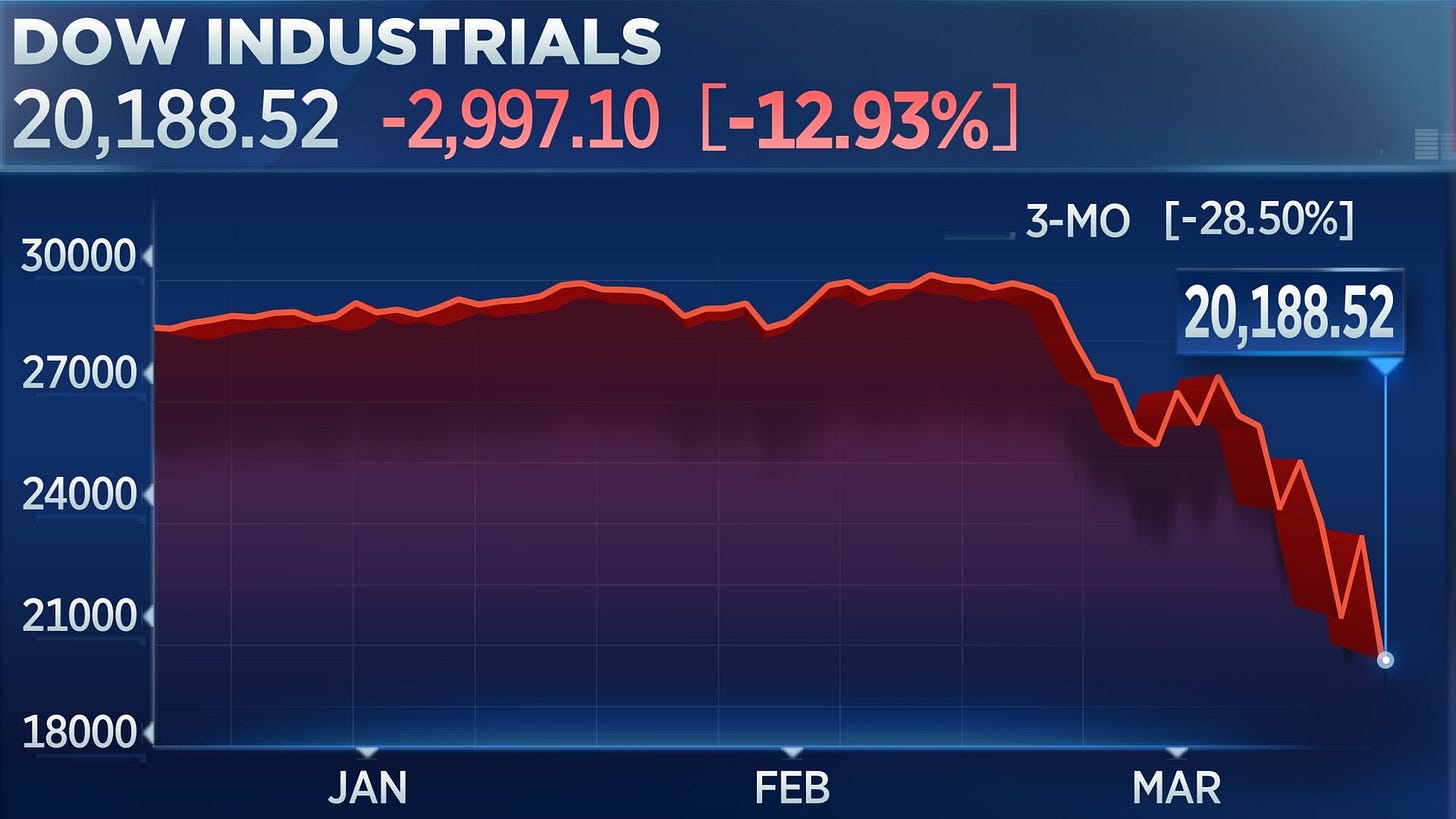By Yusuf from the Heartland
For Scale
Numbers like a million, a billion, and a trillion get tossed around in headlines all the time—especially when it comes to money. “The market lost $3.1 trillion today.” Okay, sure. But unless you’re deep in finance, that number means nothing. It’s just noise. Another day, another incomprehensible sum flying around Wall Street.
But here’s the thing: the difference between a million, a billion, and a trillion isn’t just zeroes—it’s scale so massive that our brains aren’t wired to grasp it intuitively. We hear “trillion” and think “very big.” But we don’t feel it. So let’s fix that. Let’s break it down in a way that makes the scale visceral.
1. Time Is the First Clue
To understand just how different these numbers are, try converting dollars into seconds.
Watch what happens:
1 million seconds = 11.5 days
1 billion seconds = 31.7 years
1 trillion seconds = 31,688 years
Think about that:
A million seconds ago? Last week.
A billion seconds ago? It was 1993.
A trillion seconds ago? Humans hadn’t invented writing. We were drawing on cave walls.
That’s how big the leap is from million to billion to trillion. It’s not just a step up—it’s a whole different dimension.
2. What Does That Money Look Like?
Now let’s visualize it with something concrete: $100 bills.
$1 million in $100 bills fits in a briefcase—stacked about 40 inches high.
$1 billion would be a pallet of cash, weighing around 10 tons.
$1 trillion? That’s 10,000 of those pallets. Enough to fill an entire football field, stacked two stories high with cash.
So when we say “$3.1 trillion vanished from the market,” picture three football fields covered in money two stories high. That’s the kind of money that just… disappeared in a single day.
3. Real-World Comparisons Make It Hit Harder
Let’s put those numbers in human terms:
$1 million is what a well-paid doctor might earn over 15–20 years.
$1 billion is more than 20,000 average Americans will earn in their lifetimes—combined.
$1 trillion is about 5% of the entire U.S. economy.
And $3.1 trillion? That’s:
Enough to give every American roughly $9,400
Enough to buy 3.1 million homes at $1 million each
Enough to fund the entire SNAP (food stamp) program for over 90 years
This isn’t just funny money. It’s world-changing capital.
4. So What Actually Happened?
When they say the stock market lost $3.1 trillion, they mean the value of all publicly traded companies dropped by that much—in one day. It wasn’t cash in a vault that disappeared. It was stock prices falling. But those numbers still matter.
Because here’s the truth, The people at the top? They can weather these storms. For working people? This stuff hits different.
When $3.1 trillion disappears from the market, CEOs don’t go broke. But you might lose your job. Your retirement account shrinks. Your employer might freeze hiring, cut back hours, or trim benefits. Pension funds take a hit. Inflation rises because companies try to “make up the losses” by squeezing more out of you.
Wall Street takes a beating—and then hands the bill to Main Street.
5. The Bigger Picture
Most of this market “loss” is paper wealth. It’s theoretical. And yet it still drives decisions that affect real people’s lives. When wealth evaporates at the top, it tends to get recouped from the bottom. The capital class doesn’t just eat those losses. They pass them on—through layoffs, cost-cutting, price hikes, and political lobbying.
And let’s not forget:
The same system that just lost $3.1 trillion in a blink is the one constantly telling us we “can’t afford” universal healthcare, living wages, or student debt relief.
We’re not broke. The system is just set up to protect billionaires’ losses while socializing the consequences.
This Isn’t a Hiccup. It’s a Warning
The way we talk about market losses matters. Because when you hear that $3.1 trillion vanished, you shouldn’t think of it as a distant, abstract figure. You should think of it as a political event. As a power shift. As a massive rebalancing of risk—off the shoulders of the rich and onto the backs of everyone else.
This wasn’t a hiccup.
It was an earthquake.
And it won’t be the last.





Laying it down like that,wow!